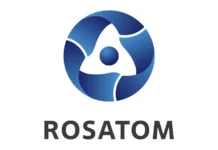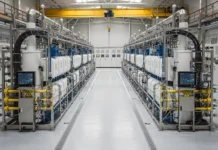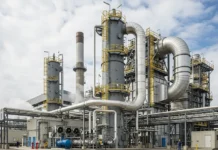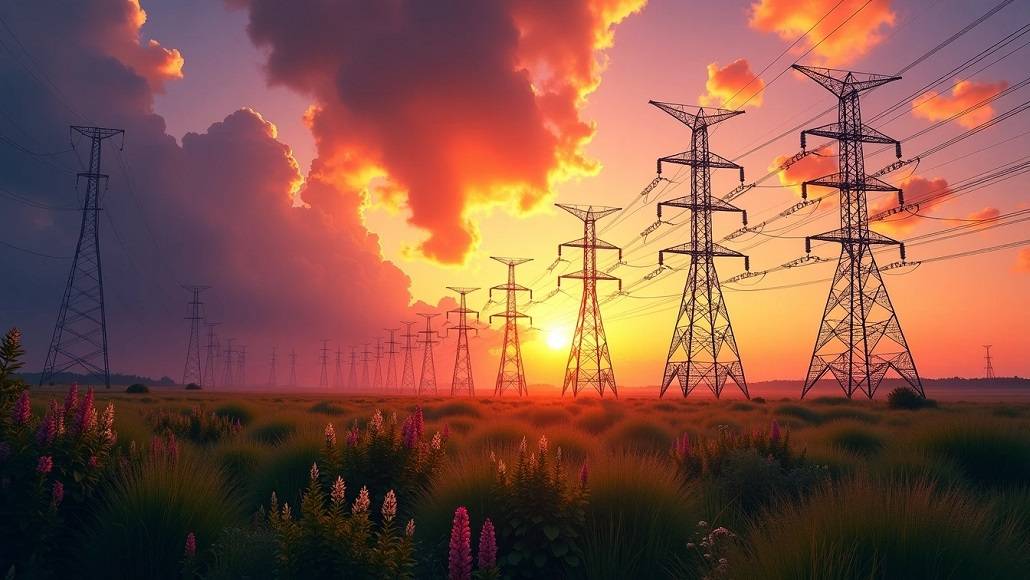The US Department of Energy (DOE) is inviting US companies associated with the nuclear fuel cycle, as well as large end-users, to participate in a nuclear fuel supply chain consortium to address increased electricity demand fueled by artificial intelligence (AI).
The initiative, announced under the Defense Production Act Consortium , seeks to expand the domestic availability of nuclear fuel and reduce reliance on foreign imports of enriched uranium and other critical materials used in nuclear power generation.
“There are major gaps in our nuclear fuel cycle infrastructure that leave the United States heavily dependent on foreign sources of enriched uranium,” said Mike Goff, DOE acting assistant secretary. “By leveraging authorities in the Defense Production Act, DOE is able to take swift action to bring all parties to the table to accelerate our path toward a more secure and independent energy future.”
Through the DPA Consortium, the DOE plans to work with US companies on voluntary agreements to ensure the entire nuclear supply chain, from mining and milling to enrichment, fabrication, recycling, and reprocessing, is prepared to support the continuous and reliable operation of the nation’s reactors. Membership in the consortium is free and open to all domestic firms in the nuclear fuel cycle, as well as end-users that partner with nuclear energy companies.
The Office of Nuclear Energy will oversee and approve consortium agreements. Priority will be given to participants that have already made progress toward procuring low-enriched uranium (LEU) and high-assay low-enriched uranium (HALEU). The department has scheduled the first consortium meeting for October 14.
A central reason for launching this initiative is the expected rise in power demand from AI. According to a Federal Register notice signed by Energy Secretary Chris Wright, AI-driven consumption is projected “to severely stress the electrical grid.”
The DOE has underscored that nuclear energy is a critical solution for stabilizing the grid. A July 7 report on US grid reliability estimated that 104 gigawatts of firm electricity generation could retire by 2030. Without adequate replacement, the nation risks a surge in power outages.
The department emphasized that dependable nuclear energy is crucial to powering AI data centers and ensuring grid stability.
With the establishment of the US nuclear fuel supply chain consortium, the DOE has set out to rally private industry and push new investment into nuclear capacity. Vulnerabilities.










































